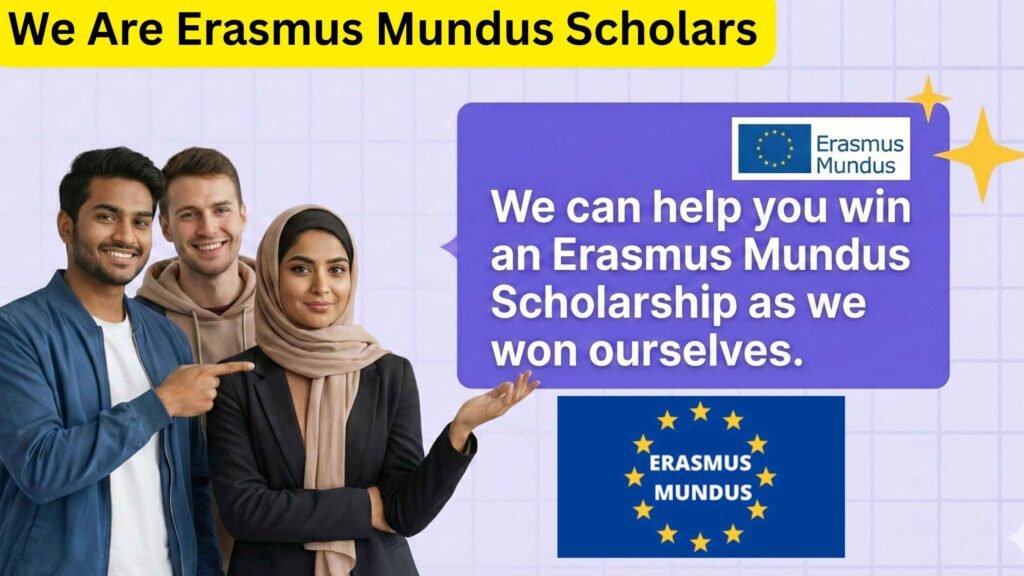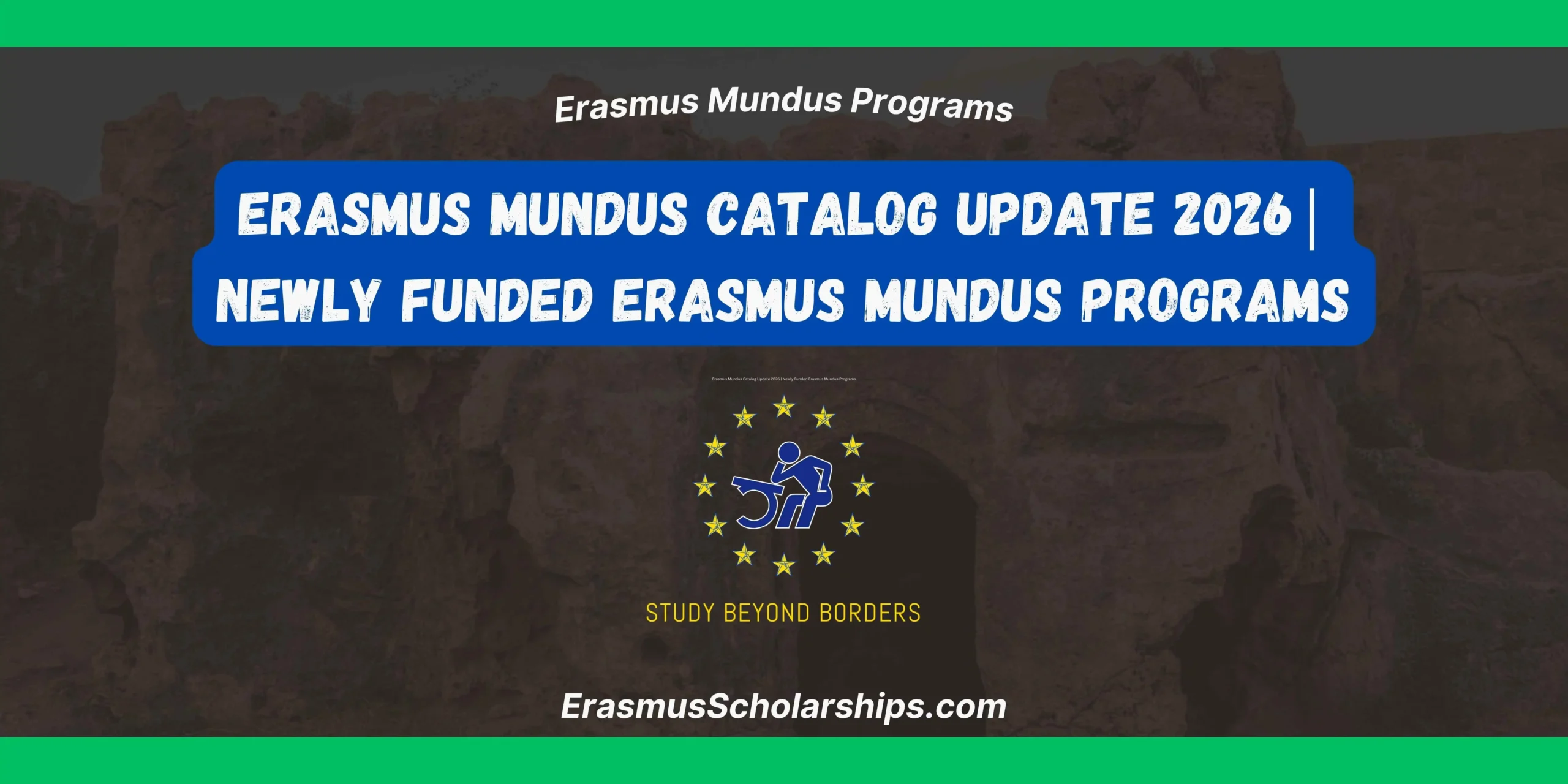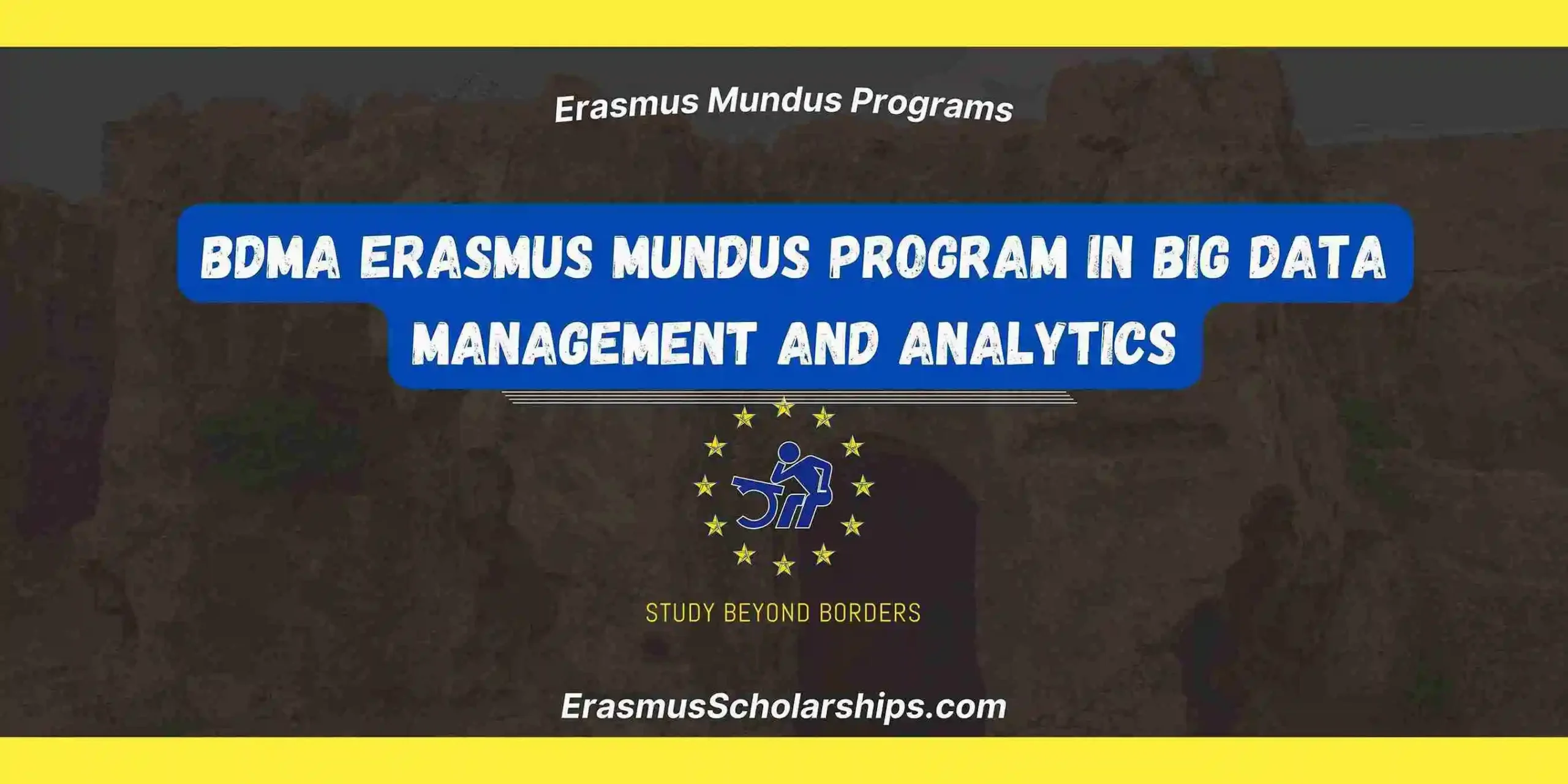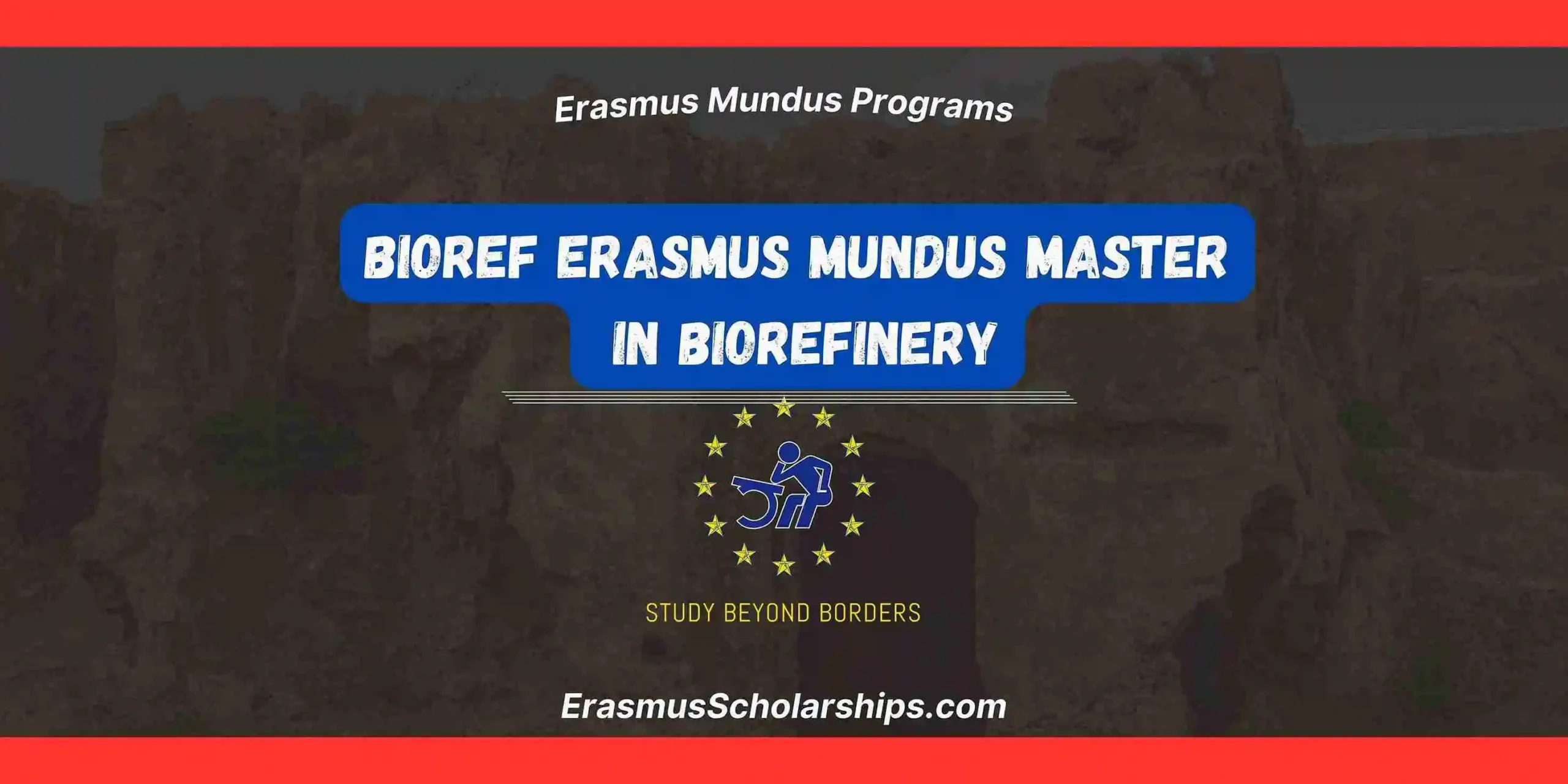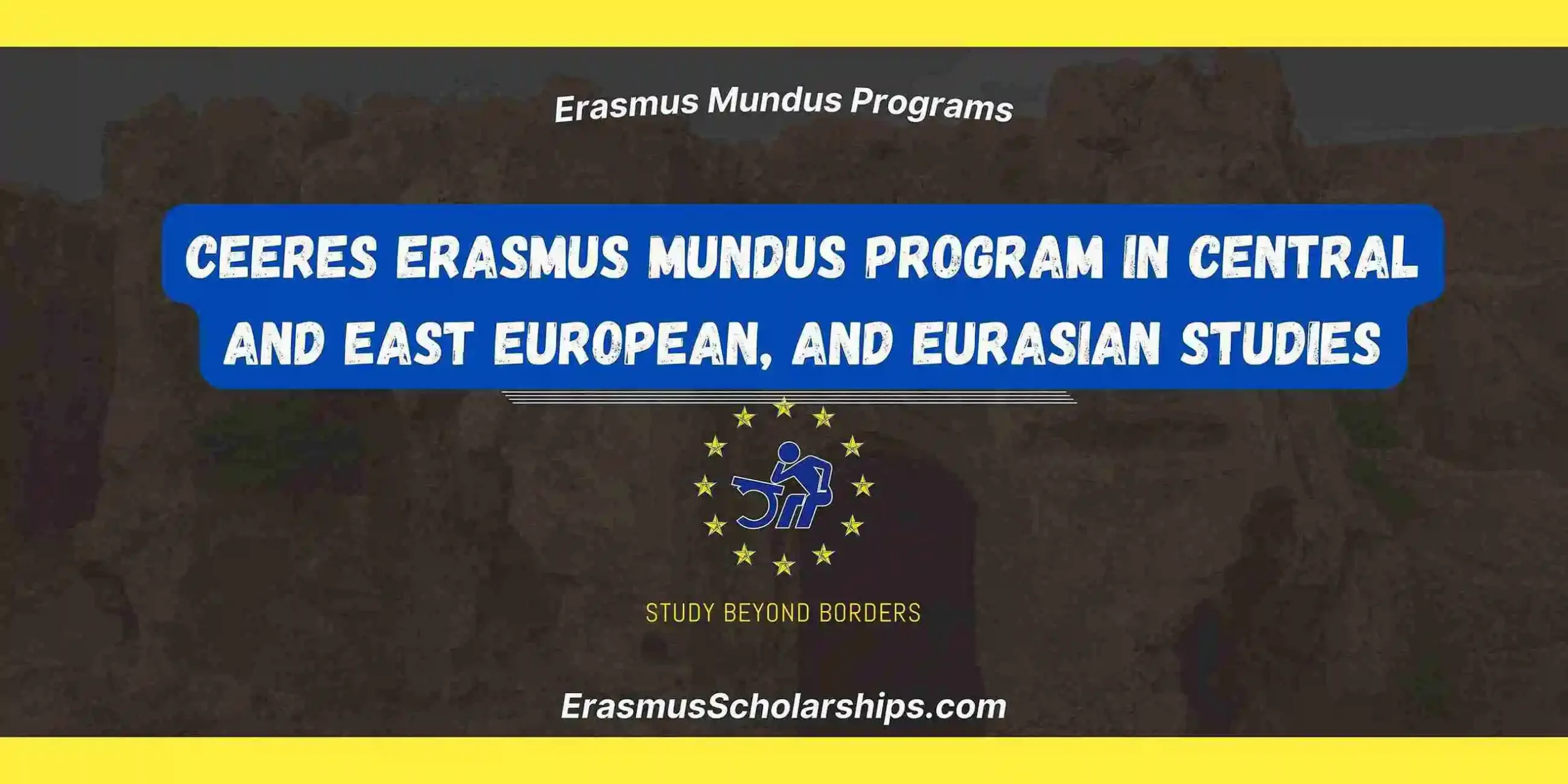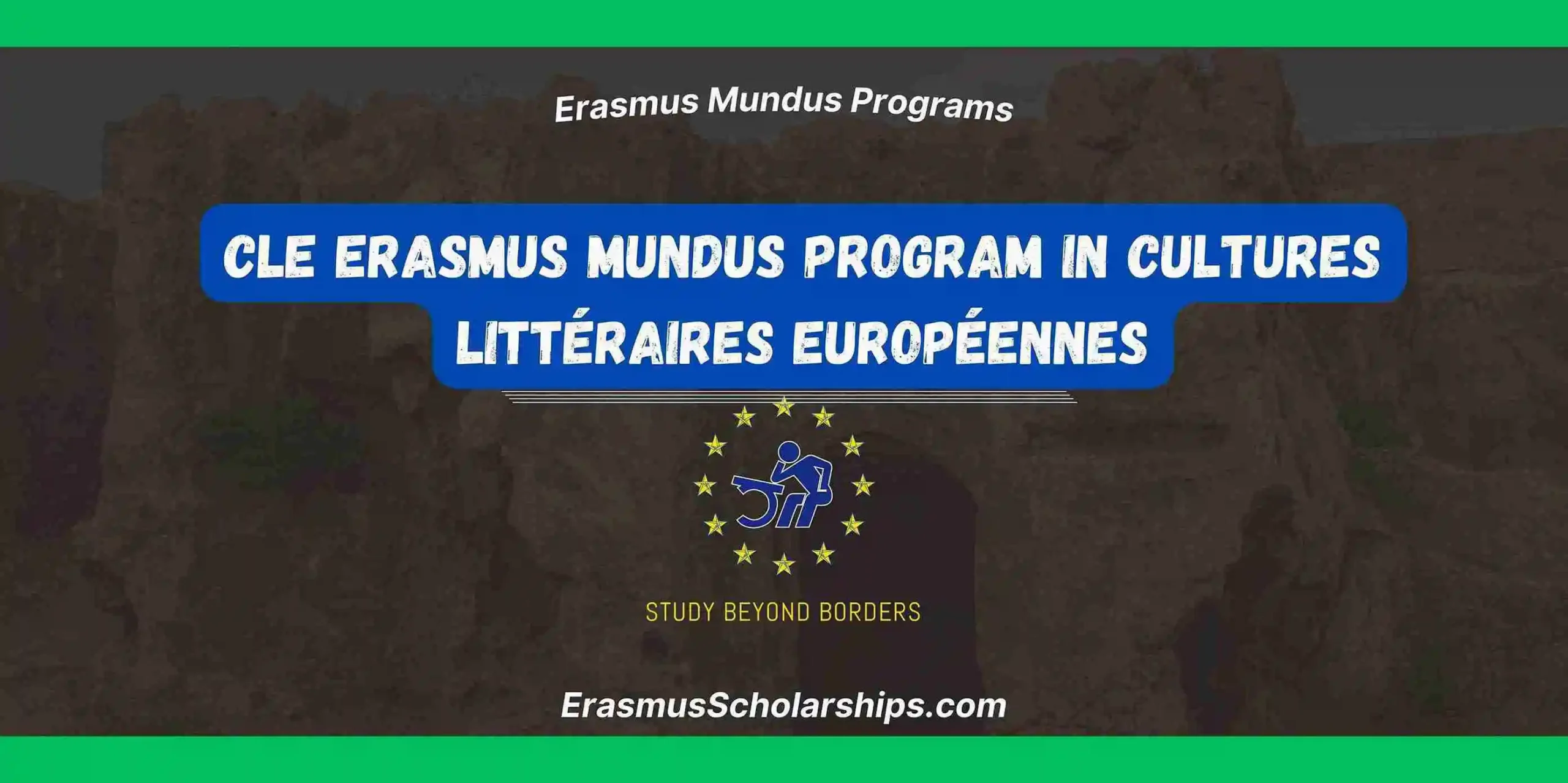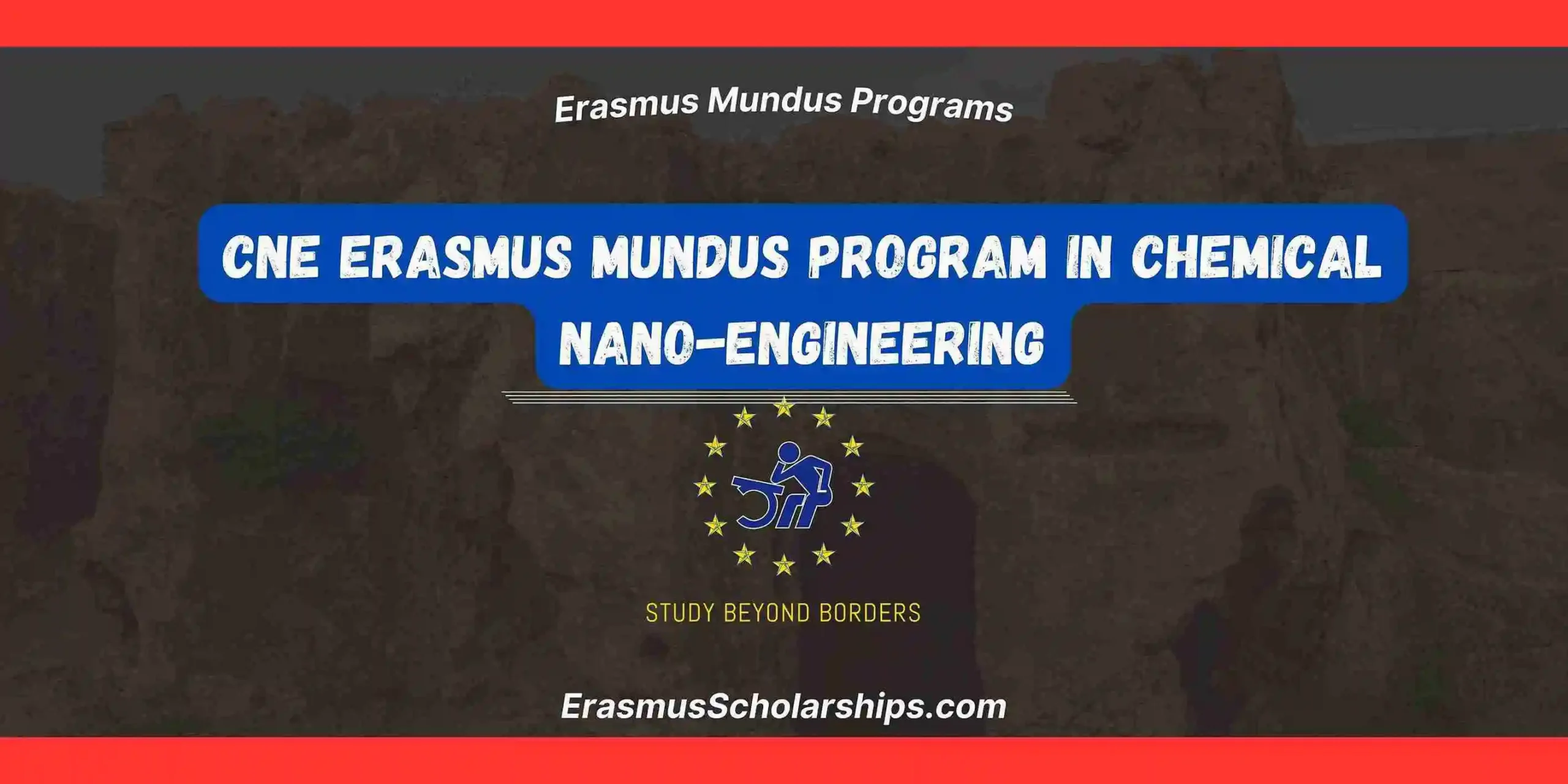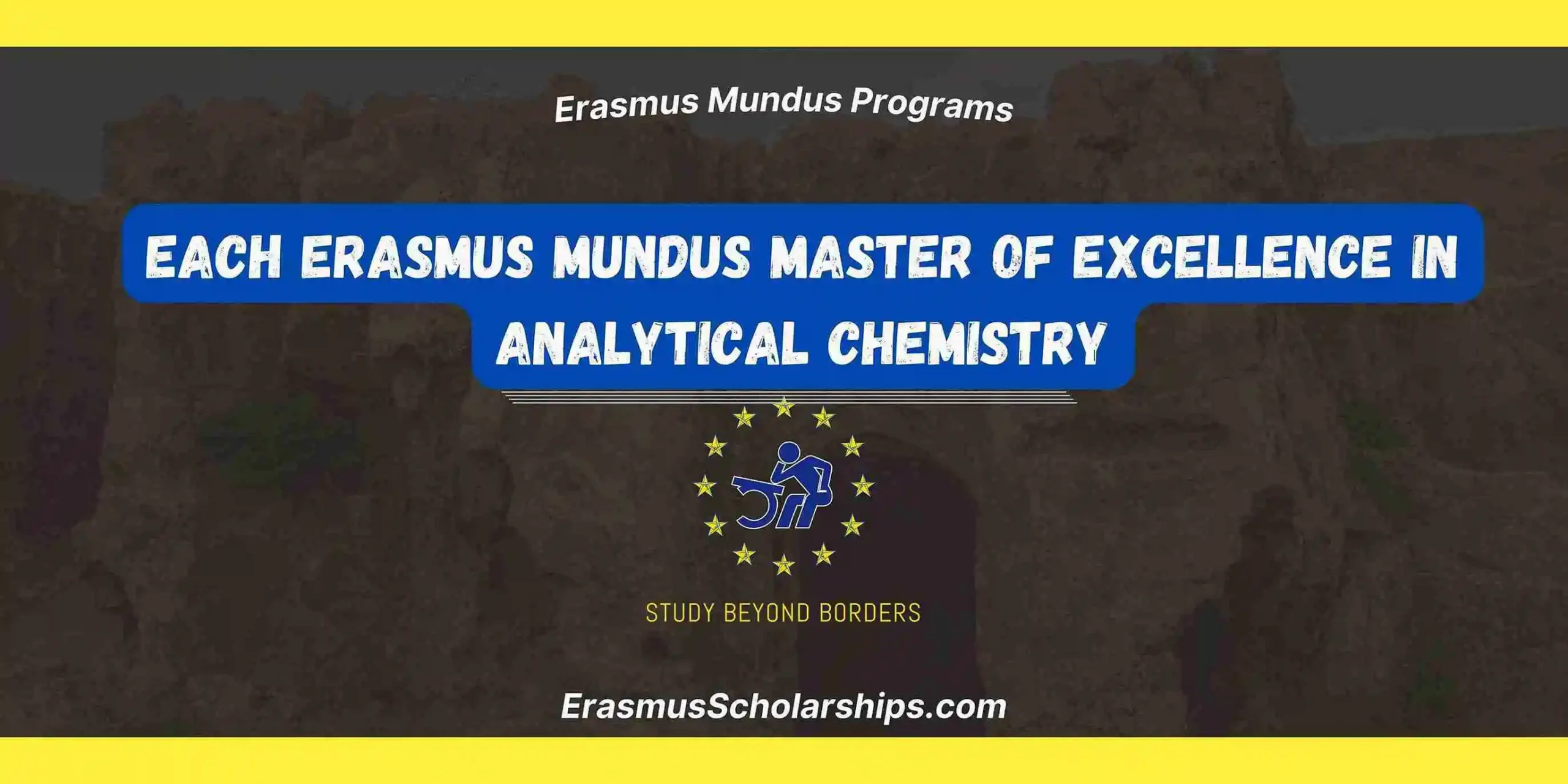The ASC Erasmus Mundus is a prestigious two-year (120 ECTS) joint Master’s in Advanced Spectroscopy in Chemistry, fully taught in English. It equips students with both theoretical expertise and hands-on skills, offering access to cutting-edge research facilities across five European universities. With interdisciplinary training, from quantum chemistry to bio- and materials spectroscopy, the program is ideal for future chemists aiming at industrial careers or doctoral studies.
Backed by Erasmus+ funding since 2008 and continuously recognized for excellence, ASC cultivates an international cohort of researchers who explore molecular structures using advanced spectroscopic tools. Graduates gain dual or multiple degrees alongside invaluable mobility experience and real-world collaborations with leading labs and industrial partners
Project Status
- Status: Ongoing
- Start date 01-09-2019
- End date 31-08-2026
- Action Type: Erasmus Mundus Joint Master Degrees
- Universities Involved
- Countries Involved
The ASC Erasmus Mundus program offers students the opportunity to study at five top-tier universities across Europe.
| Alma Mater University of Bologna |
| University of Lille |
| Jagiellonian University |
| Leipzig University |
| University of Helsinki |
| Italy |
| France |
| Poland |
| Finland |
| Germany |
This cross-border collaboration allows students to gain an international perspective while studying and researching in the heart of Europe’s academic and industrial hubs.
Description of the ASC Erasmus Mundus Program
The ASC Erasmus Mundus program offers immersive training in advanced spectroscopic methods for chemistry. With courses and practical laboratory experience across leading institutions, students master techniques including mass spectrometry, NMR, X-ray diffraction, and optical spectroscopy, supported by winter schools and exposure to synchrotron and industrial-grade equipment.
Key Features of the ASC Erasmus Mundus Program
- Consortium of five top European universities, ensuring mobility between institutions
- Comprehensive core curriculum (30 ECTS in Semester 1) in Lille; advanced, specialized modules in Semesters 2–3; strand-long internship and thesis
- Winter schools and internships, adding 9–10 ECTS in soft-skill development and research
- Access to top-tier facilities like ELETTRA, SOLEIL, and SOLARIS
- Strong industry connections with Bruker, BASF, ENI, providing career and research opportunities
Mobility Tracks of the ASC Erasmus Mundus Program
- Semester 1: Common core in Lille
- Semester 2: Student choice among Bologna, Leipzig, Lille
- Semesters 3: Student choice among Bologna, Leipzig, Helsinki, Lille, Krakow
- Semester 4: Master’s thesis done at one or across multiple partners
- Winter school: Held annually between spring semesters
Admission Requirements
- Bachelor in Chemistry, Biochemistry, Physical Chemistry, or Chemical Physics (Pharmacy considered)
- English proficiency (min. CEFR B2)
- Applications reviewed for academic content to ensure readiness
How to Apply for the ASC Erasmus Mundus Program
- Apply through University Lille: only point of entry
- Be ready to attach transcripts, CV, motivation, references, and English certificate
Tips to Win the ASC Erasmus Mundus Program
- Demonstrate strong foundation in chemical and physical spectroscopy
- Showcase lab experience and research potential
- Emphasize adaptability to different European academic environments
- Highlight career objectives in spectroscopy or doctoral aspirations
- Apply early to maximize scholarship consideration
Application Timeline
According to Leipzig’s portal:
- First session (with scholarships): deadline Feb 15 (all applicants)
- Second session (EU/EFTA): deadline March
- Third session (self-funded): deadline May 5
Applications open October 31 annually
Curriculum Structure of the ASC Erasmus Mundus Program
- Semester 1 (Lille): Core modules (30 ECTS): Quantum Chemistry, Mass Spec., NMR, XRD, Optical Spectroscopy, Professional Skills
- Semesters 2–3: Advanced electives (60 ECTS) and internship (9–10 ECTS)
- Winter school: ~3–5 ECTS winter program
- Semester 4: Master’s thesis (30 ECTS), often collaborative
Coordinator Contact
- Email: master-asc@univ-lille.fr
Alumni Feedback
“With five different universities to choose from, you can choose exactly what you want to study. This is by no means an easy route to a Master’s degree, but it gives you a great foundation for an academic career and is particularly good for international networking. An experience like this is life-changing and I wouldn’t trade this opportunity for anything.”
~Heini Sundstrom (ASC 2021-2023)
Frequently Asked Questions (FAQs)
What is the ASC Erasmus Mundus Program?
A two-year, 120 ECTS joint Master’s in Advanced Spectroscopy in Chemistry, taught across five top European universities.
Who can apply to the ASC Erasmus Mundus Program?
BSc graduates in chemistry or related fields, with minimum B2 English and strong lab/research preparedness.
Does the ASC Erasmus Mundus Program offer scholarships?
Yes, Erasmus+ scholarships are available for early applicants; later rounds accommodate EU/EFTA scholarships and self-funded candidates.
What mobility tracks does the ASC Erasmus Mundus Program include?
All students start in Lille, then choose from partner universities in Semesters 2–3, and can conduct their thesis in different locations around the world.
What career paths follow the ASC Erasmus Mundus Program?
Graduates proceed to PhDs (~78%) or roles in chemical analysis and instrumentation, for example with L’Oréal R&D, BASF, Novartis, Agilent (~19%).

